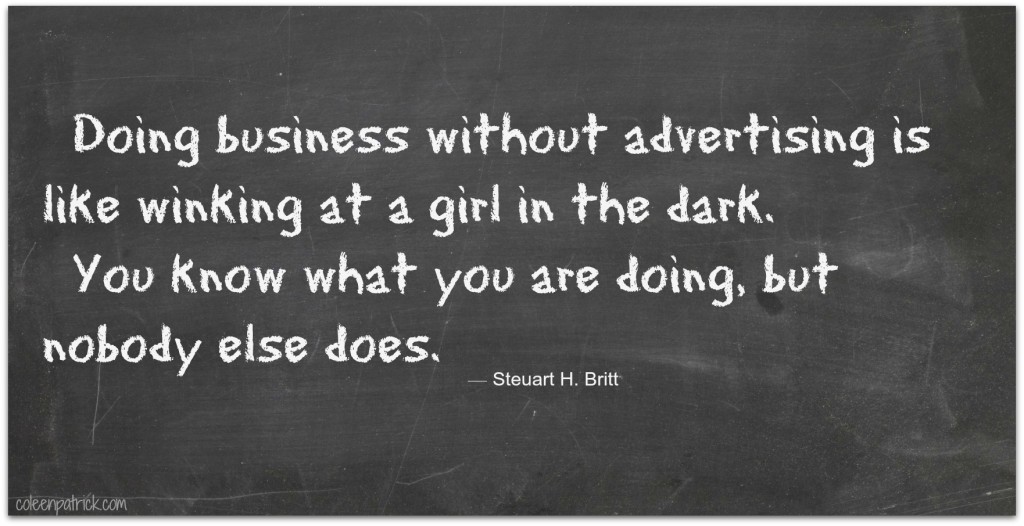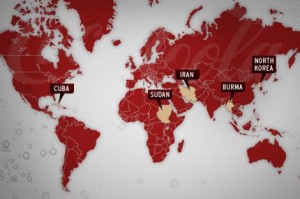TEAMWORK [teem-wurk]
Noun: 1. Cooperative or coordinated effort on the part of a group of persons acting together as part of a team or in the interests of a common cause.
My team for the designated marketing assignment #3, consisted of people who were both task-oriented and creative. Two of the major components that helped all the members of our group work so well together. Everyone was on time to meetings, eager to do their part for the assignment, and stayed focused on the task at hand. While everyone had a different approach to a question, or different solution for a scheduling problem, no one was shy when it came to asking questions and providing alternatives.
The members of our team, I feel, were quite comfortable with one another by the time that assignment #3 rolled around. We were able to communicate performance concerns, apply individual strengths, and identify personal weaknesses both throughout the term and completion of assignment #3.
Assignment #3 itself was fun to plan, and much fun to film. I believe everyone in the group enjoyed themselves during the production process of our short film. We were able to incorporate a bit of everyone’s vision for the project, and that is what I think makes it refreshing. We applied corrections where necessary from our two previous assignments, and tried to articulate concepts along with terminology from class lectures.
Overall, it was an uncommon experience that our group had this term, leaving myself with very little complaints and many praises for each individual one of my group members. It was an interesting project, and one I enjoyed.


